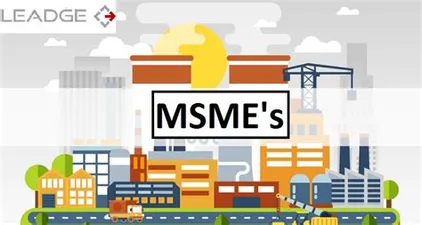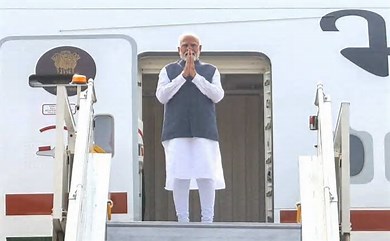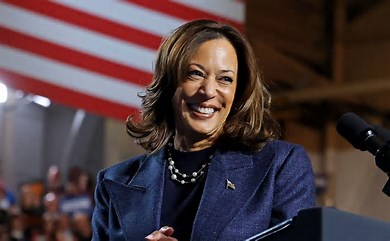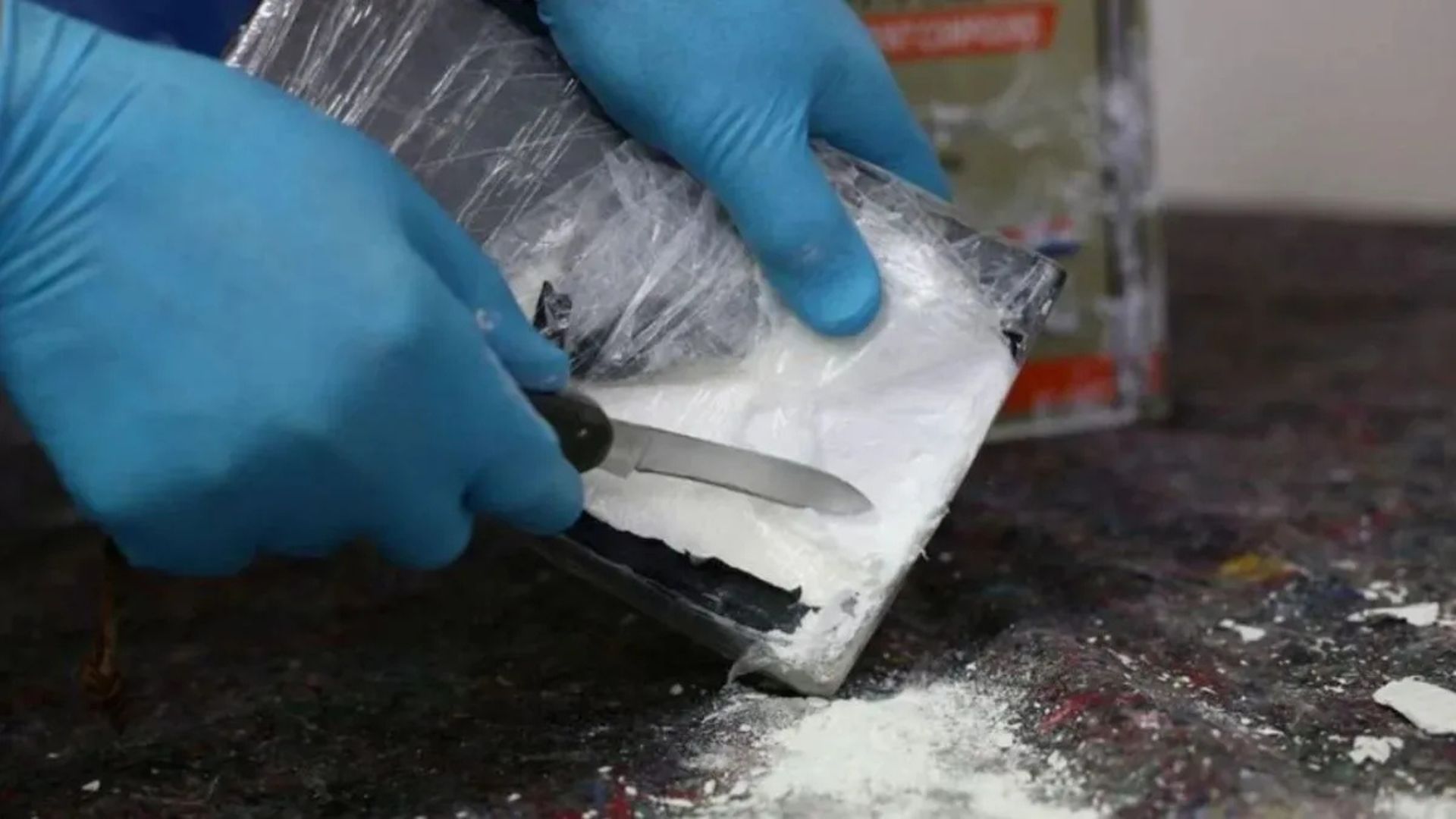
MSMEs play a significant role in the Indian economy, contributing to employment generation and GDP growth. According to the Ministry of Micro, Small and Medium Enterprises, the sector contributes around 30% to India’s GDP and provides employment to over 11 crore people. MSMEs also contribute to India’s exports, with around 45% of the country’s total exports coming from this sector. The importance of MSMEs can be gauged from the fact that they contribute to the development of rural areas, as a significant percentage of MSMEs are located in rural and semi-urban areas. These enterprises also provide opportunities for entrepreneurship and self-employment, particularly in areas where formal employment opportunities are limited.
MSMEs are also critical for the development of the manufacturing sector in India. They not only provide ancillary support to large industries but also promote innovation and entrepreneurship, leading to the creation of new products and services. The sector also contributes to technological upgradation and skill development, thereby increasing the overall competitiveness of the Indian economy.
MSMEs play a crucial role in achieving the government’s vision of making India a $5 trillion economy. The government has taken several measures to support MSMEs, including the provision of credit, technology upgradation, and capacity building. One of the critical areas where MSMEs can contribute to achieving the $5 trillion economy target is through increasing exports. The government has launched various initiatives, such as the Export Promotion Capital Goods Scheme and the Market Access Initiative, to support MSMEs in expanding their exports. MSMEs can also leverage e-commerce platforms to reach global markets and tap into the growing demand for Indian products and services.
Despite the sector’s significant contributions, it has not reached its full potential. The Indian government has taken several steps to support the sector, including policies to promote entrepreneurship, ease of doing business, and access to finance. However, more needs to be done to catapult the sector to the next level.
We will discuss seven suggestions to accelerate the growth of the Indian MSME sector.
Facilitate access to credit: Access to credit is a significant challenge faced by MSMEs in India. The government has initiated several measures to improve credit access, such as the Credit Guarantee Fund Scheme and the Mudra Yojana. However, more needs to be done to improve credit delivery to the MSME sector. Banks and other financial institutions need to simplify the loan application process and reduce the collateral requirements for small loans.
Promote technology adoption: MSMEs in India often lack access to advanced technology, which hampers their competitiveness. The government can provide incentives to encourage MSMEs to adopt new technology, such as subsidies for capital investment in technology and R&D. The government can also create technology clusters and incubation centres to promote technology adoption among MSMEs.
Encourage entrepreneurship: The government can encourage entrepreneurship by providing education and training on entrepreneurship, creating incubation centres, and providing seed capital for new ventures. The government can also promote awareness of entrepreneurship by organizing events and workshops at the district and block levels.
Simplify regulatory compliance: MSMEs in India face several regulatory compliance requirements, such as registration, licences, and permits. These requirements can be cumbersome and time-consuming, especially for small businesses. The government can simplify these regulatory compliance requirements by creating a single-window clearance system and reducing the number of licences and permits required.
Promote exports: MSMEs can play a significant role in boosting India’s exports. The government can support MSMEs in international trade by providing incentives such as export promotion capital goods (EPCG) schemes, duty drawback schemes, and market access initiatives.
Strengthen the supply chain: MSMEs often face challenges in sourcing raw materials and accessing markets. The government can facilitate the creation of an efficient supply chain by promoting backward and forward linkages between MSMEs and larger firms. This can be done by creating industrial parks, common facilities centres, and logistics hubs.
Enhance digital infrastructure: MSMEs in India often face challenges in accessing digital infrastructure, such as high-speed internet and e-commerce platforms. The government can support MSMEs by improving digital infrastructure in rural and semi-urban areas and providing training on e-commerce platforms.
Finally, the MSME sector in India has the potential to be a significant contributor to the country’s economic growth. The government needs to take a multi-pronged approach to support the sector by facilitating access to credit, promoting technology adoption, encouraging entrepreneurship, simplifying regulatory compliance, promoting exports, strengthening the supply chain, and enhancing digital infrastructure.
There is no doubt that MSMEs are contributing significantly to GDP growth, employment generation, and exports. The sector also promotes innovation, technology upgradation, and skill development. MSMEs will play a critical role in achieving the government’s vision of making India a $5 trillion economy by 2025. These suggestions, if implemented effectively, can catapult the Indian MSME sector to new heights.

Dr Ranjeet Mehta is Deputy Secretary General, PHDCCI. Views expressed are personal.















